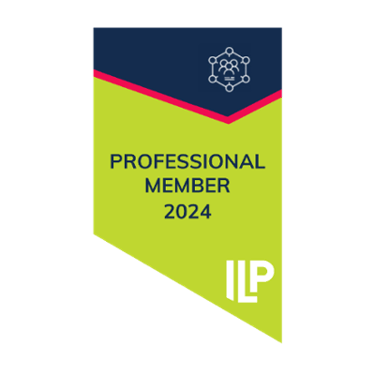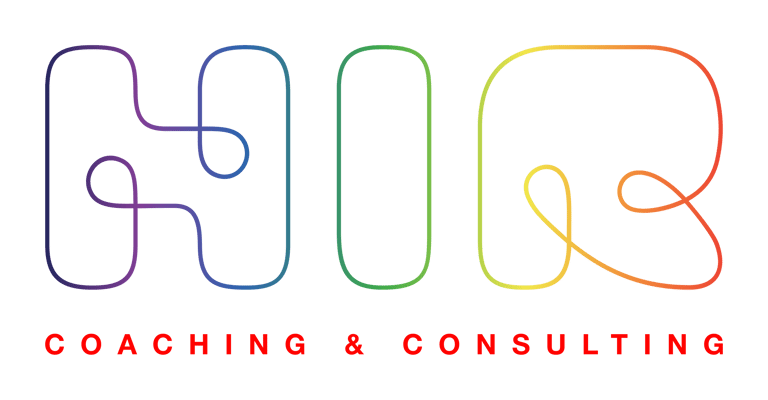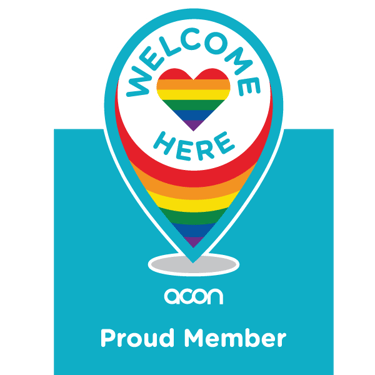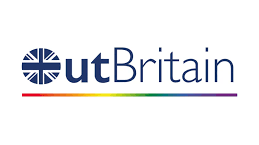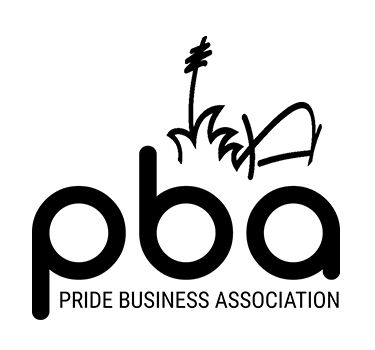13 DO NOTs for your resume
Working with your Strengths Profile report and HiR, you can easily start to identify the things about yourself that you might be finding hard to articulate, nervous about sharing, or haven’t realized were going to be a selling point to an employer. Here's James' 13 things not to do...
FOR YOU
James
4/22/20245 min read


I review resumes almost every day and have done so for years, so without wanting to brag, I do believe I know what I am doing when it comes to giving advice.
Most clients I start working with, especially those on the Supercharge Your Career Program or as an outplacement experience funded by their soon-to-be former employer, have awful resumes.
They are awful because they aren’t going to be easily read by an ATS (the Applicant Tracking System that most larger organisations use to manage the recruiting process) and awful because they are formatted in such a way that it makes it hard for humans to digest the information with ease, even if they do print it out and use a neon-pink highlighter to acknowledge the best bits about you.
Recruiters and Career Coaches are inconsistent in the way they provide advice on resumes a lot of the time, and to some degree, it is a very subjective process. If you have found something that works for your clients, you are likely to try and use that with everyone.
Friends and family are even worse. They are unlikely to be salespeople, marketers, or career guidance professionals, so why take their advice? They either don’t know or are unlikely to give you the brutal advice you need for fear of offending. Even salespeople and marketers are pretty bad at deploying their skills on the product they should know best - themselves!
So here are my 13 DO NOTs for writing your resume and getting the interview you want.
Your picture: While a selfie might be fabulous, save it for social media! Resumes are about your skills and experience, not your selfie game. Unless you’re applying for a job as a model, don’t do this. Unconscious bias is a thing, and if your skin colour, eye colour, hairstyle or shape of your chin agitates someone reviewing your resume because you look like their awful ex-wife, you might not get the chance to showcase yourself at an interview. It’s a horrid fact but it’s reality - don’t fall at the first hurdle unnecessarily.
Your date of birth: Let's focus on your professional milestones, not how many trips around the sun you've completed. Age bias is a thing so don’t allow someone to use it. Sure, your employment history and education dates will be an indicator, but making it something that is in their face at the start of your story is just not necessary.
Your full address: Your future employer doesn't need to know your exact coordinates. Just the suburb, city or region will do! You also don’t want your personal information out there for anyone who sees your resume to find. It also takes up valuable real-estate on the page for much more important information or beautiful white space that makes reading things easier.
Your nationality: Unless your love for international cuisine directly relates to your job, your passport can stay in your pocket for now. They need to know your residential status in the country you are applying for a role in. “Citizen, Permanent Resident or visa type” is enough. It’s honest without giving them another reason for any unconscious bias to slip into the process.
Your religion: We're all for diversity, but your resume concerns your career journey, not your spiritual one.
Your gender or sexuality: Your expertise speaks louder than your rainbow flag emoji. Let's keep the focus on your skills and achievements. My LinkedIn profile has a rainbow flag, but I am a coach focusing on working with the LGBTIQ+ community. If and when I was applying for a job again, my resume would not be written in rainbow. There are certain circumstances when applying for a role working with a community group or specific clients, or there is a need for a lived experience when you declare your gender or sexuality, but otherwise, it’s a non-issue.
Your references: Keep your references close and your resume concise. Save this info for when it's requested. Firstly, it’s amateur unless specifically asked for in the application process. Secondly, depending on the interview, when you find out more about what they are looking for, you may have a few options for the characters who provide the information about you. You’ll want to choose the personalities that best fit with the opportunity you are presented with.
Your salary expectations: Money talks, but save the negotiation for the interview stage. Focus on showcasing your value first. It’s okay to clarify the salary band on the phone or via email before making an application if the employer hasn’t stated it (which, in my opinion, is really bad practice) so you can be sure you’re not wasting each other's time but putting your number on your resume means you have little room for negotiation later on and makes it hard for the recruiter to share your resume with potential colleagues which is becoming more common.
Your graphic design skills: Unless you're applying for a design role, your resume design should be clean and professional, not a showcase of every font in the rainbow. ATS systems hate graphics, and any text on top or close to them can be easily misread by a robot. Your favourite colour might not be the shade of the recruiter's choice either - so don’t make it harder than it needs to be. One or two easy-to-read fonts and selective use of bold and bullet points are enough unless you’re employed as a creative.
Your grades from high school: Your GPA from years ago is less relevant than your recent accomplishments. Leave the high school glory days in the yearbook unless this is your first job out of high school and you have above-average grades. Otherwise use the word ‘pass’ or ‘graduated’ and leave it at that. If in doubt, leave it out. In terms of other educational achievements, keep it simple with the name of the course, name of the institution and year of graduation or achievement - unless you are applying for a job within academia, few employers are interested in more than this.
Your interests and hobbies: While knitting rainbow scarves is impressive, stick to hobbies that directly relate to the job or showcase valuable skills - sharing your love of chardonnay and your favourite nightclub is unnecessary.
Your social media accounts: Keep your LinkedIn polished, professional, and included. Your TikTok dances can wait until after you land the job!
Your self-doubt: Confidence is key! Showcase your strengths and achievements with pride, and leave the self-doubt at the door. No lies, please - you will eventually get caught by your employer or karma. But there is nothing wrong with amplifying the truth.
Working with your Strengths Profile report and HiR, you can easily start to identify the things about yourself that you might be finding hard to articulate, nervous about sharing, or haven’t realized were going to be a selling point to an employer. Check out the Supercharge Program.
HiR Coaching & Consulting is a business name registered in New South Wales, Australia. ABN 53693942059
100% Money Back Guarantee
Foundations Program – Our Promise
The Foundations Program comes with a clear promise.
If, after completing Foundations, you:
do not get something positive from the experience and
do not make at least one agreed change identified in your initial 30-minute onboarding call
then you can choose one of two options:
A full refund, minus the cost of the Strengths Profile assessment, or
Continue working with me at no additional cost until you achieve a meaningful breakthrough.
This promise exists because Foundations is designed to create clarity, momentum, and real change — not just conversation.
Coaching Memberships – Flexibility, Not Guarantees
On-going coaching memberships do not come with a performance guarantee.
Instead, they are designed to be low-risk and flexible:
You can cancel at any time
There are no penalties or lock-ins
You stay because the coaching is useful — not because you’re tied to a contract.
12-Month Upfront Memberships – Pro-Rata Refunds
If you choose to pay for 12 months upfront, you’re entitled to request a pro-rata refund at any time if you decide the experience is not positive for you.
In this case:
The number of coaching sessions already attended will be deducted from the original amount paid
The remaining balance will be refunded accordingly
Important Notes
Coaching is not a done-for-you service. Results depend on your willingness to engage, reflect, and take action.
If at any point it becomes clear that the agreed effort and participation are not there, I’ll raise this directly and honestly.
If alignment can’t be restored, a refund of the unused portion of the coaching may be issued at the standard coaching rate.
Exclusions
Refunds and guarantees do not apply to the Resume & Career Upgrade Package or the Seven Days of Strengths self-guided program, due to the nature of the work and time already invested.
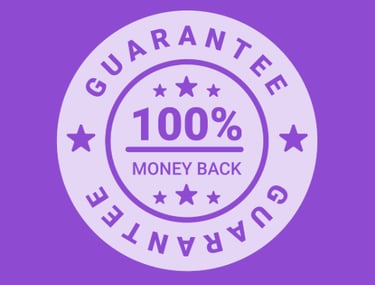

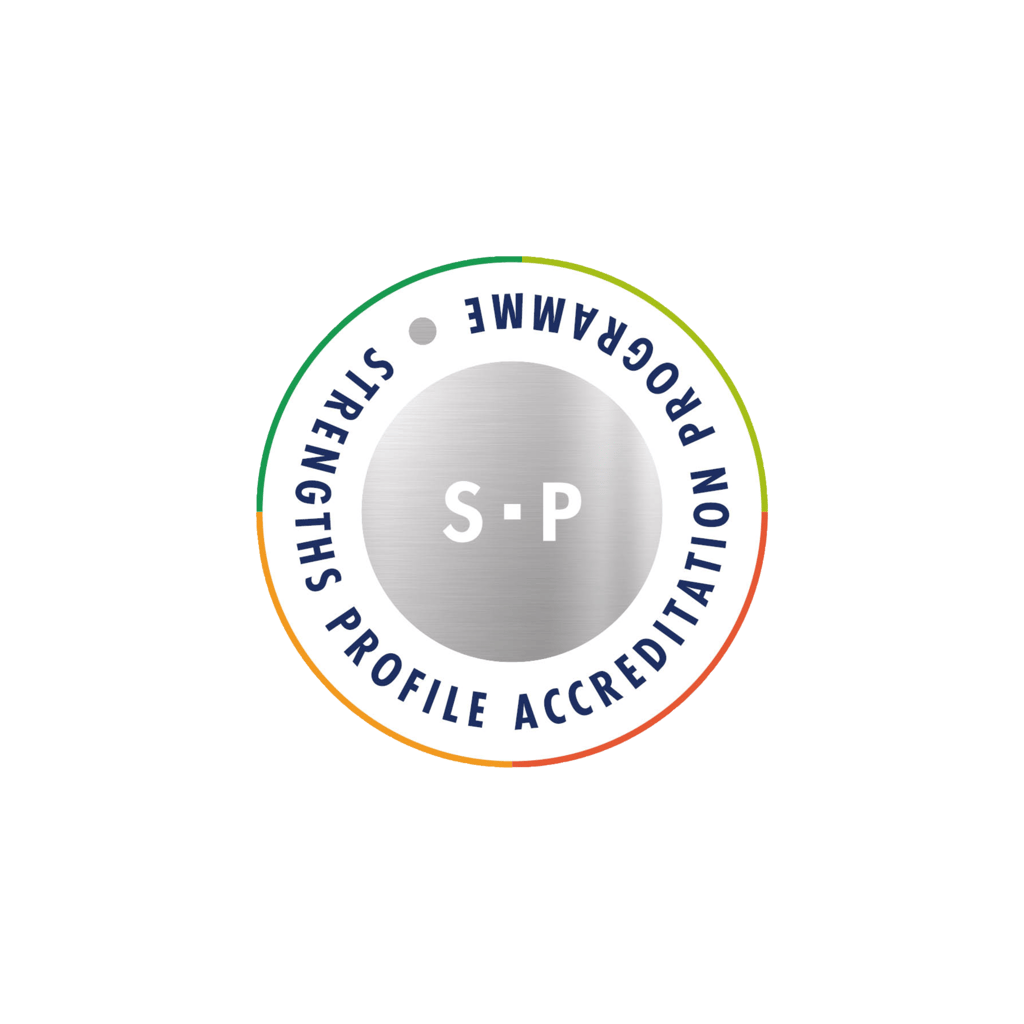

Terms & Conditions
Payment is immediate at the time of booking.
Prices quoted on the website are in AUD, and HiR is registered in Australia. Payments and invoices are available in AUD, USD, CND, GBP, or EURO.
All sessions are online, booked via Calendly and conducted using Google Meet unless expressly agreed otherwise. In-real-life sessions may incur additional fees for travel and incidental expenses.
Sessions can be rescheduled using the calendly booking system as required.
All Calendly sessions are booked with a 30-minute buffer so that James can extend the session without any challenges or additional fees should we continue to get the work done. After your kick-off session, the agreement with your coach on the specific results you want to achieve from your personalised program will be documented.
